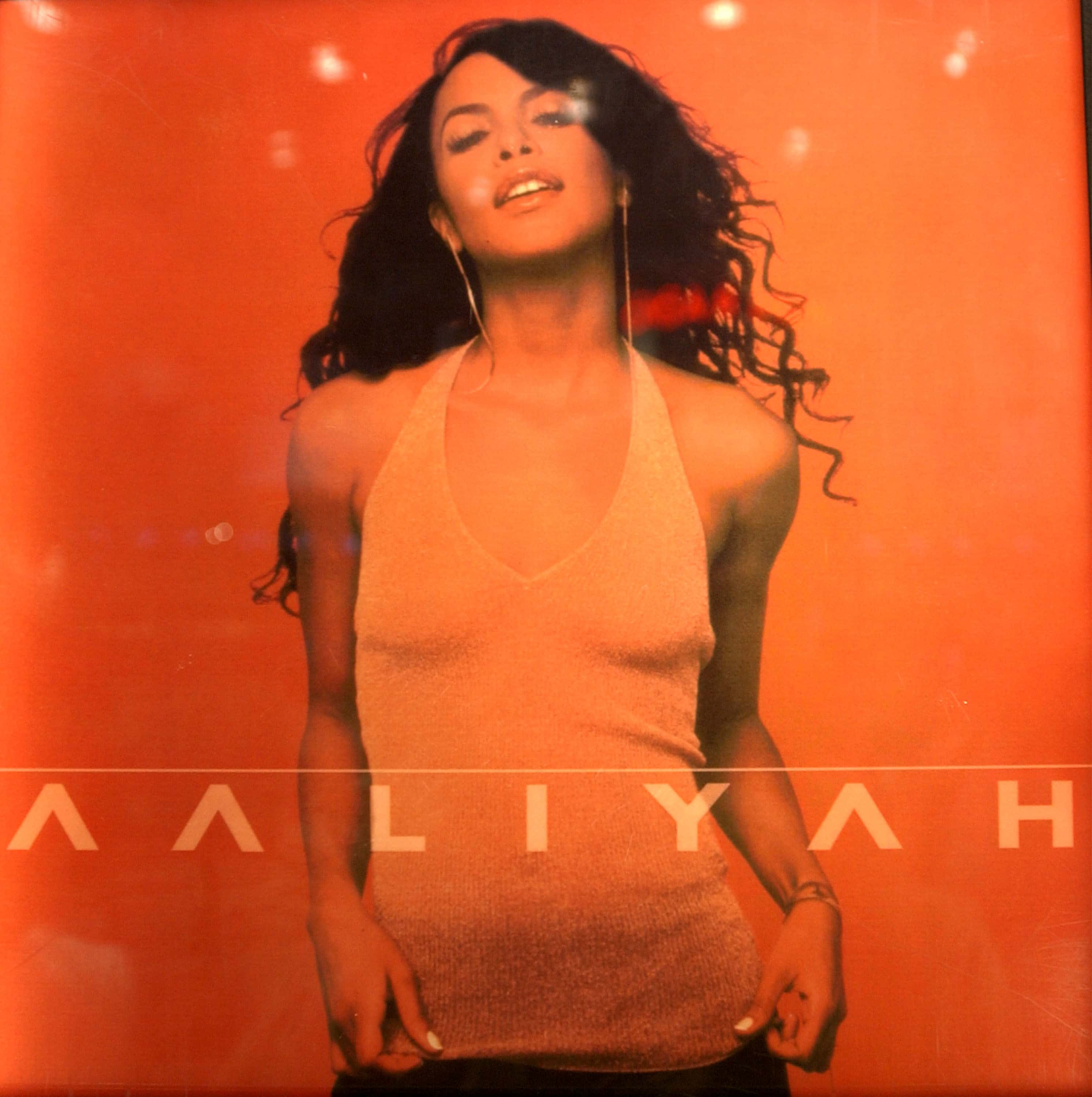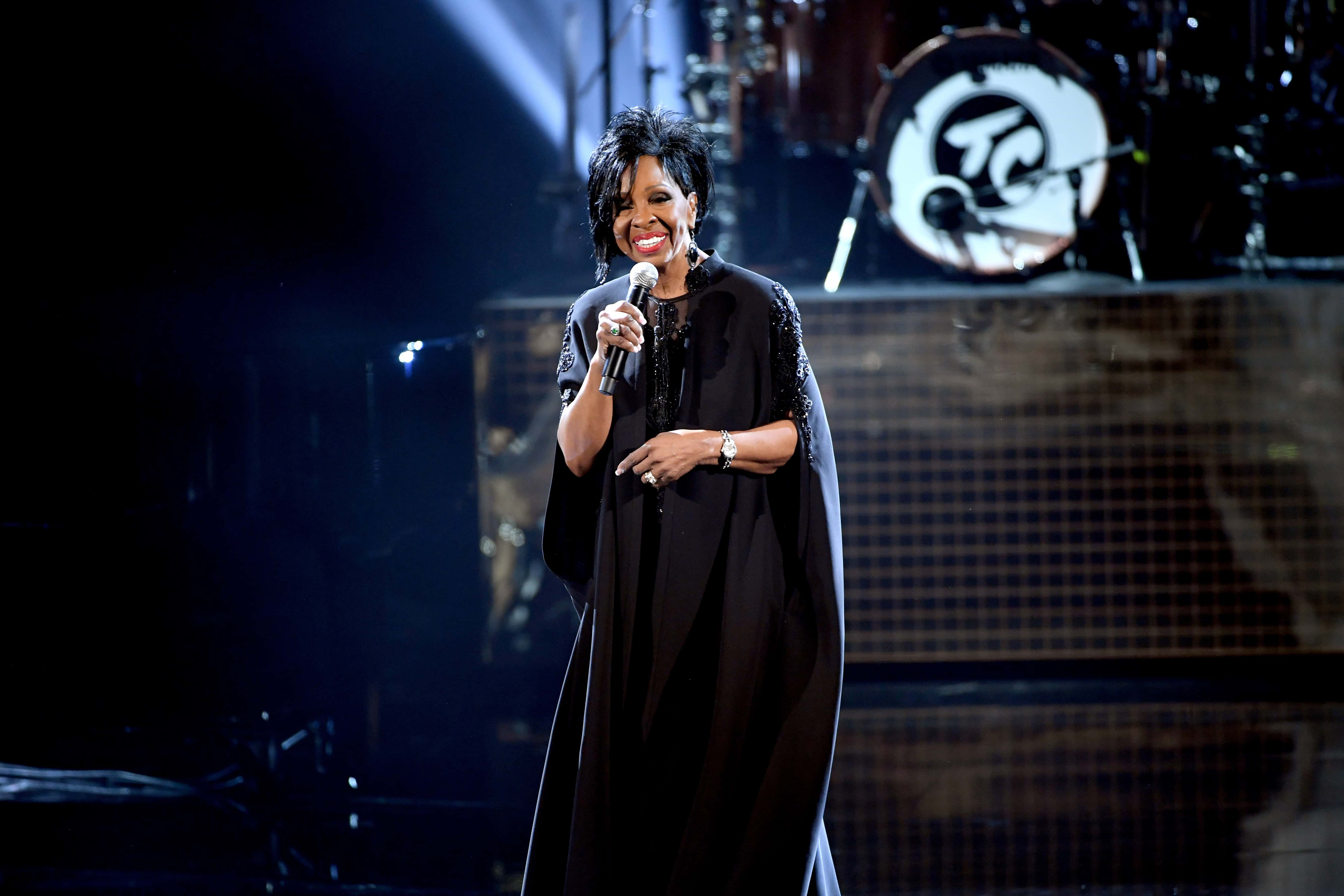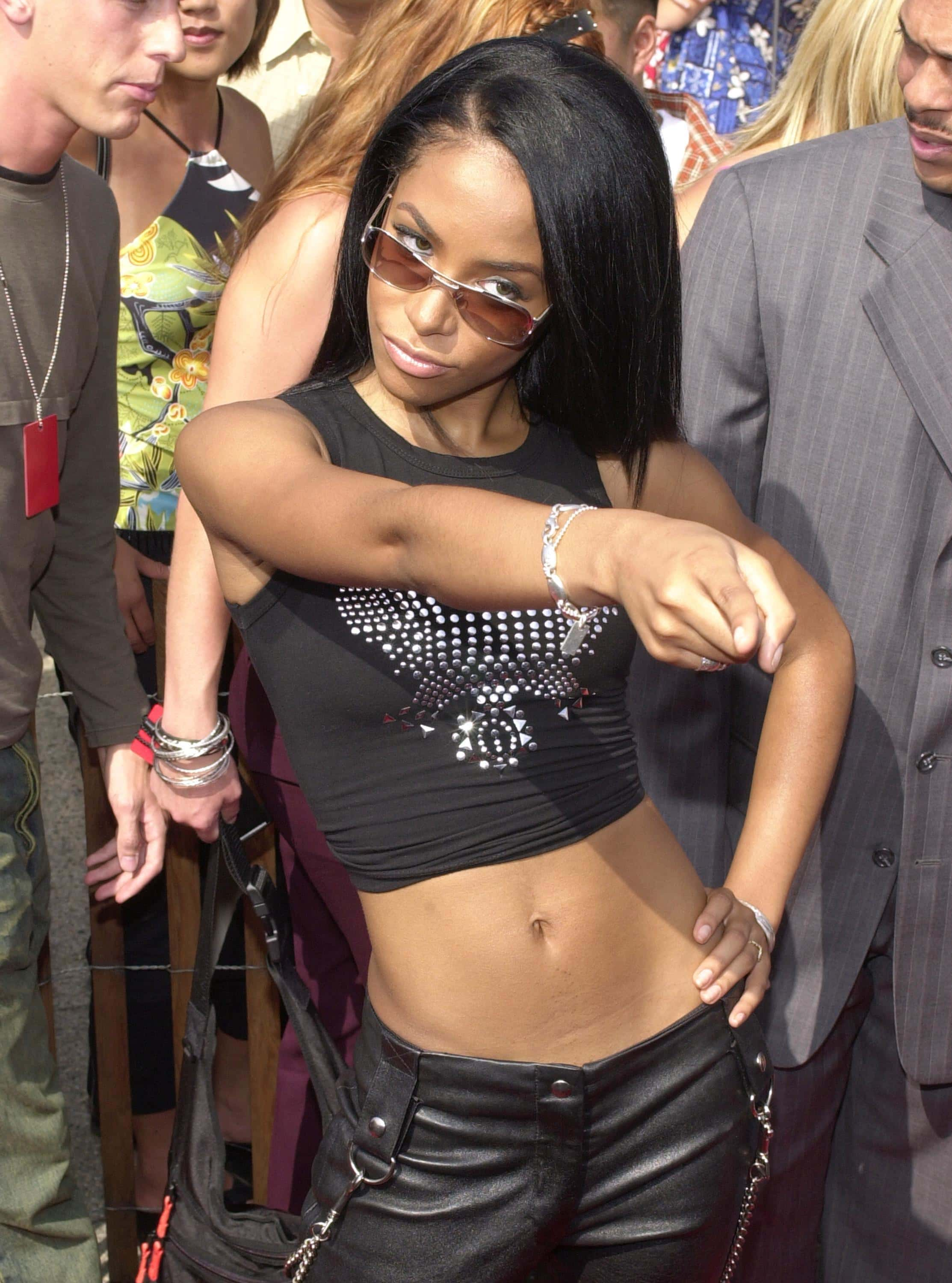Why R&B sensation Aaliyah should be remembered for her musical legacy and not her infamous marriage to R Kelly

On August 25, 2001, the music world lost one of its most promising stars, the R&B and hip-hop singing sensation Aaliyah, who died in a plane crash at just 22.
It all came crashing down that day when Aaliyah and members of her record label were set to fly out on a chartered plane to Florida from the Marsh Harbour Airport of Abaco Islands, The Bahamas. In a matter of minutes, their Cessna 402B plane, which had barely taken off, came crashing down into the swampy grounds just beyond the runway. Aboard the plane was Aaliyah Dana Haughton, the young singer and actress who was returning from the shoot of her latest music video ‘Rock the Boat’. The crash was horrendous, as the over-capacity plane broke into pieces and also caught fire. Aaliyah and six others died on the spot, while three others later succumbed to their injuries, meaning no one survived. On that day, the world lost one of its rising stars — a subtle, sophisticated artist who was pushing the boundaries of pop, R&B, soul and hip-hop music.

True to her name, Aaliyah (Hebrew for "the highest, the most exalted one") had garnered a name, fame and acclaim in double-quick time. But it was not a journey without its share of hard work and a steep learning curve. As a child, Aaliyah sometimes performed with Gladys Knight (her uncle Barry Hankerson’s wife), the Empress of Soul. Growing up in Detroit, in the vicinity of Motown Records, Aaliyah belonged to a city that was famous for spawning musical talent (Stevie Wonder, Marvin Gaye, Michael Jackson, Aretha Franklin). Her family was knee-deep in the entertainment business and had impeccable taste in music. Her mother Diane was a vocalist and her uncle Barry was a talent manager and future founder of Blackground Records. Aaliyah’s cousin Jomo Hankerson remembers how the Haughton household was always full of music, either on the record player or via the voices of the mother and daughter duo. It was a conducive environment that helped Aaliyah realize at a very young age that entertainment was her calling.

She began right at the bottom of the pyramid, as an eight-year-old singing at school functions, talent shows and wedding gigs. She later started training under voice coach Wendelin Peddy, who acknowledged that even as a 10-year-old, Aaliyah had raw talent, drive and commitment. As a young child, Aaliyah was beyond her years and her experience at the talent show 'Star Search' (which heralded Destiny’s Child, Christina Aguilera, Britney Spears and Justin Timberlake) further ignited her passion. Though she did not win the competition (she sang the ballad 'My Funny Valentine'), the show’s host Ed McMahon commented later that he saw in Aaliyah an inner fire, an innate desire to please the audience.
Aliyah’s professional growth began when her uncle Barry Hankerson (R Kelly’s then-manager) started Blackground Records to kickstart his 12-year-old niece’s career. Hankerson even got into a deal with the bigger Jive Records to distribute Aaliyah’s debut album 'Age Ain't Nothing But A Number'. Ironically, the beginning of her superstardom (two certified Gold singles) also brought along with it a public relations nightmare, vis-à-vis her relationship with the infamous predator and singer R Kelly. Robert Kelly was Aaliyah’s first mentor and producer, for not only did he write almost all the songs for 'Age Ain't Nothing But A Number' but he also played most of the instruments on the album. According to the journalist and author Christopher John Farley, Kelly was the one who helped Aaliyah invent "an image of suggestion, sensuality, and sly grace, all in a teenaged package".

Like most artists in the music and performance industry, R Kelly seemed to have quickly picked up the act of selling sexuality. Following in the footprints of seductive stars like Marvin Gaye, Rick James and Prince, Kelly introduced overt sexuality into R&B through songs like 'I Like the Crotch on You' and 'Bump ‘n’ Grind'. No wonder then that Aaliyah’s first single titled 'Back & Forth' went to number one in the R&B charts, ousting none other than R Kelly and his single 'Your Body’s Callin'. From that point on the duo were seen everywhere together, and the message was loud and clear — R Kelly was the king of the charts and Aaliyah was his queen.
As it often proves to be, controversy is quick on its feet. In the same year as Aaliyah's debut album released (1994), Vibe magazine published a secret marriage certificate (dug out from the Illinois public records) as proof of Aaliyah’s surprise wedding to R Kelly. At that time, both parties denied the allegation and stuck to the story that they were no more than close friends. Nevertheless, Aaliyah’s family moved to court to get the marriage annulled in 1995. In 2008, Kelly’s tour manager revealed his role in acquiring a fake ID for Aaliyah to enable their 1994 wedding. And in 2019, a federal court in Brooklyn slapped Kelly with a bribery charge for making the fake ID used by Aaliyah.
But back in 1994, the story had not yet taken such an ugly turn. But it did make for juicy news and had the mainstream media in a frenzy. Though the music of both the artistes was doing well at the time, every interaction with the press inevitably veered towards their alleged marriage. This was too much even for a child star like Aaliyah, who literally grew up on the stage. It put great stress on her and her family and inevitably led to Aaliyah distancing herself from Kelly.
Roc-A-Fella Records co-founder, Damon Dash, who was Aaliyah's partner at the time of her death, later revealed, "I remember Aaliyah trying to talk about it and she couldn't. She would just leave it at: 'That dude was a bad man.'" Talented and ambitious, as she was, Aaliyah would’ve never settled for playing second fiddle as somebody’s queen. As her name suggests, Aaliyah was on the road to being an empress and no dam was efficient enough to check her surge. But it necessitated a break from the scene, time for the reservoir to fill, and she directed her focus back to her work.
Two years later, after much musical brainstorming and a highly successful ad campaign for Tommy Hilfiger (which made her a cultural icon), Aaliyah decided to tread a path less traveled. Snubbing A-list music producers like Davis Foster or Babyface who orchestrated grand productions, Aaliyah settled for the relatively new and fresh in her quest to sound original. Aaliyah gave the nascent songwriting/producing team of Missy Elliot and Timbaland a try, which resulted in her second album 'One in a Million'. In retrospect, the 17-year-old Aaliyah was onto something huge, her soft voice drifting alongside Timbaland’s unorthodox beats and Elliot's flow, one foot in hip-hop and the other in R&B. Music videos from the album with award-winning music video director Paul Hunter also raised her game, as Aaliyah emerged as a mature force to reckon with.
Finally, the doors to Hollywood opened, and with 'Romeo Must Die', Aaliyah attained her cherished childhood dream of being on the silver screen. The film had a middling reception but its soundtrack (which she co-produced) became a commercial hit, and the song 'Try Again' became a No. 1 pop hit. Aliyah’s next film, 'The Queen of the Damned' wasn't a huge success, but interest in it was soon revived after her untimely death. But then again, most musicians always had a troubled relationship with cinema (Bob Dylan, Madonna and Whitney Houston all suffered the same fate at the box office).

Nineteen years after her tragic crash, in a tabloid-crazy world, memories of Aaliyah still linger. Unfortunately, her image is now often intertwined with attention-grabbing commentary on the sexual excesses of Kelly, who is currently in prison on two separate charges of sexual assault and racketeering. Swept under the carpet is Aaliyah the musician — a crafty performer imbued with a soft, subtle and soothing elegance. Her vision and musical sophistication were unparalleled and she had the intelligence and flair to flirt with both the eclectic and the commercial side of music. These rare traits made her a precious gem in the entertainment industry and it's a tad unfortunate that her name keeps getting dragged in this dog-eat-dog world of crass sensationalism. Aaliyah was a one-in-a-million performer and her shining legacy still lives on in the hearts and minds of millions of Americans today.










